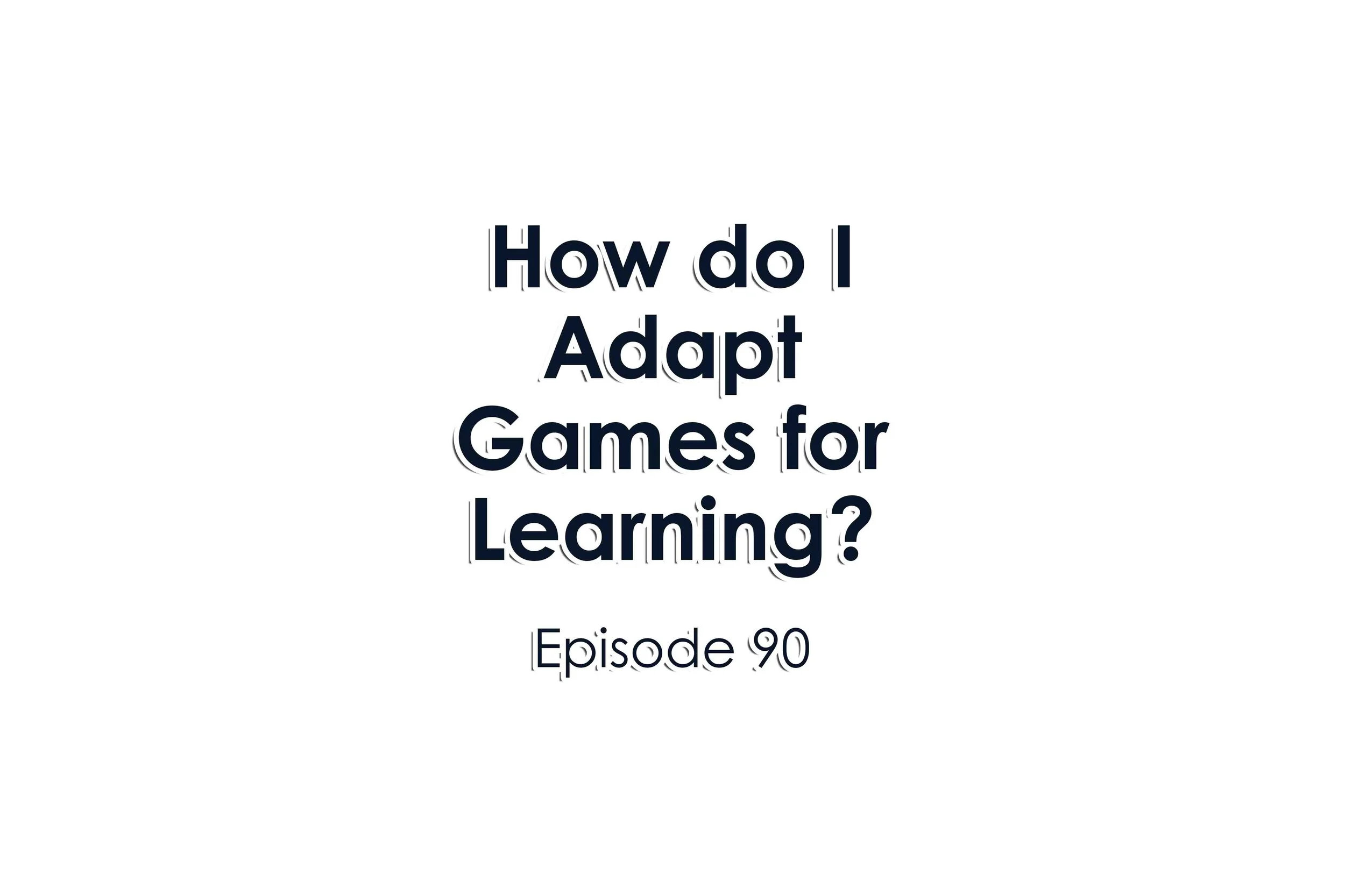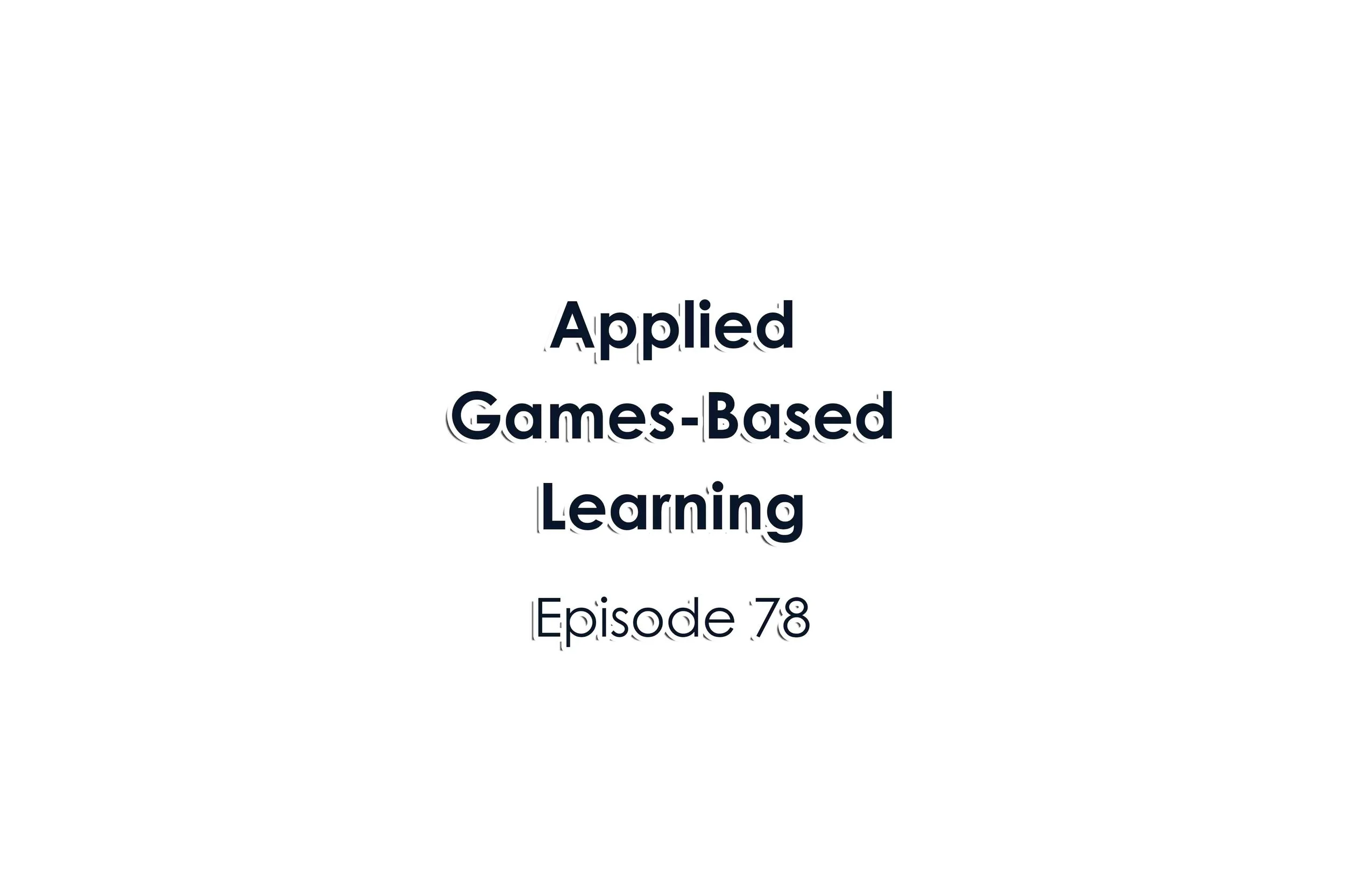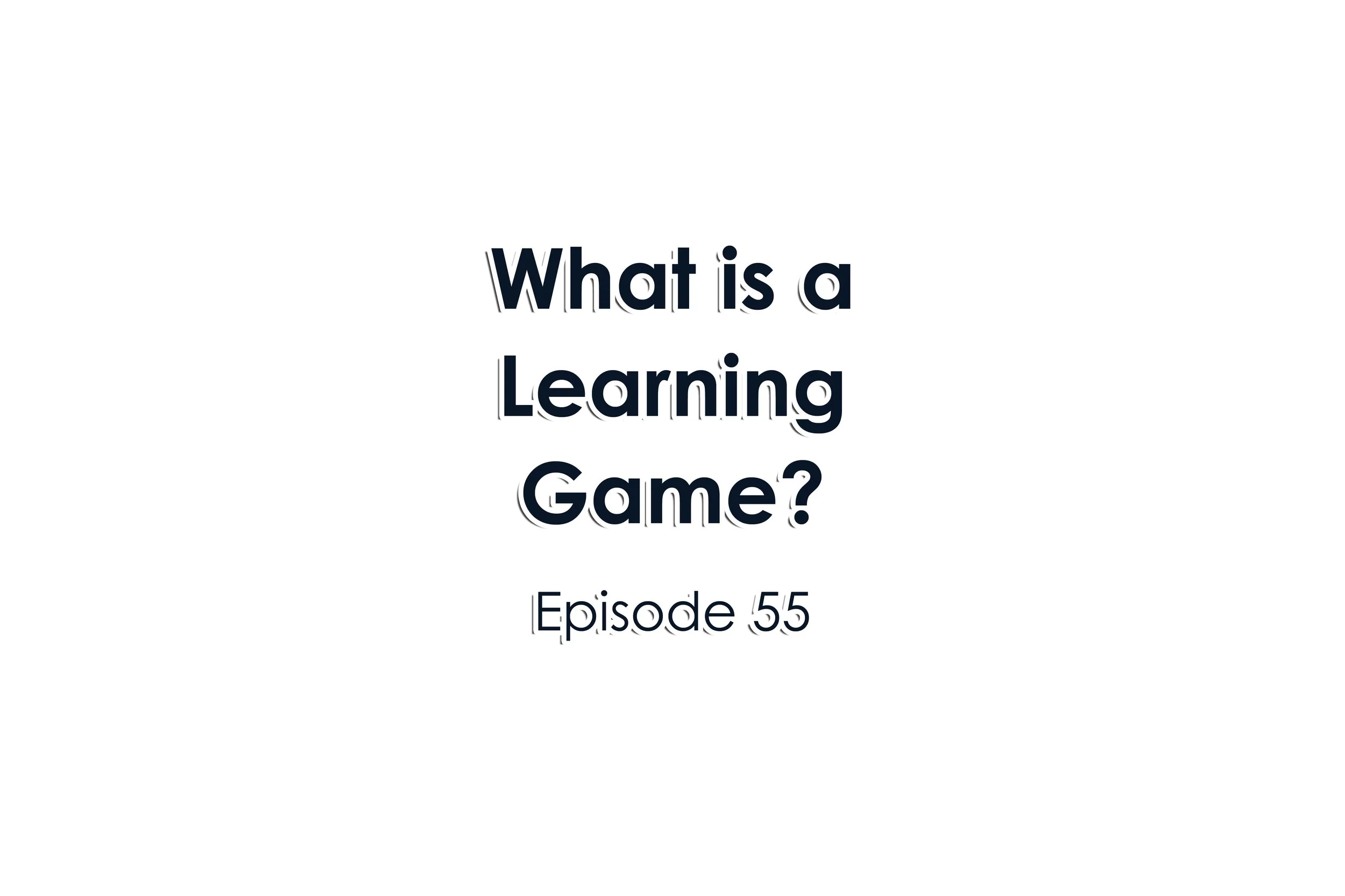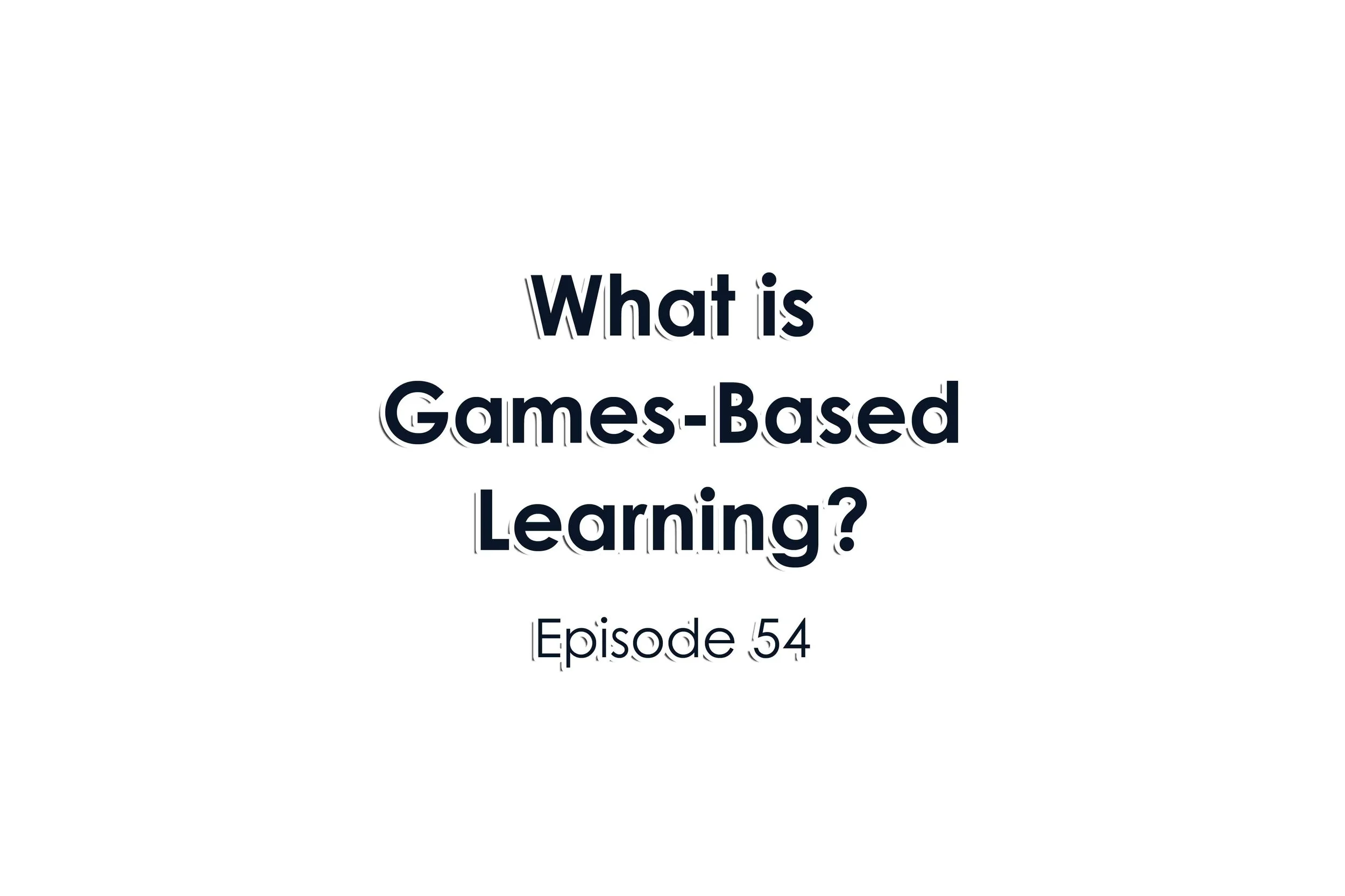In this episode of Experience Points, Dave Eng chats with Travis Windleharth from foundry10 about games-based learning. Travis, with a background in science education, museology, and information science, focuses on how games shape youth's understanding of STEM concepts. Foundry10, co-founded by Gabe Newell, is explored, emphasizing its pillars—programs, philanthropy, and research—and their role in expanding learning perspectives. Travis discusses his role in the STEM design-based research lab, aligning with interest area teams. The episode concludes with insights into Foundry10's collaborative approach to research and program design.
Read MoreIn this episode of Experience Points by University XP, host Dave Eng chats with Zack Hartzman, a licensed secondary school teacher from New York City and the creator of Hey Listen Games. Zack shares his journey of integrating video games into the classroom and discusses the motivation behind Hey Listen Games. They explore the evolution of game-based learning, emphasizing the need to diversify educational mediums for student engagement. Zack highlights key principles from his book, "Teaching with Video Games: A Strategy Guide," focusing on the potential of video games to teach problem-solving, mechanics, and foster relationships beyond traditional boundaries. The conversation also covers Zack's involvement in the Game Awards Future Class, an initiative diversifying the gaming industry.
Read MoreIn this podcast episode, host Dave Eng discusses educational games and their integration into traditional lectures with guest Silviana Falcon. Silviana shares her experience of using educational games as fundamental components of her lectures over eight years. She emphasizes the value of creating a welcoming learning environment through interactive games that foster camaraderie and teamwork among students. One of the games she uses, "StarPower" by Garry Shirts from 1969, simulates a three-tier society based on wealth, enabling students to experience power dynamics and economic decisions. Silviana's approach involves gradually introducing games to engage students and enhance their understanding. The episode underscores the benefits of well-chosen educational games for deeper learning.
Read MoreIn this episode of the Experience Points podcast, host Dave Eng interviews Terry Pearce, founder of Untold Play, a games-based learning expert. Pearce discusses how he helps trainers, educators, and designers incorporate gamification into learning programs. He highlights his work with organizations like HSBC and the NHS, adapting complex topics like project management into interactive games. Pearce shares his process of tailoring existing materials using gamification principles, mentioning frameworks like Octalysis and Lazzaro's Four Keys to Fun. Listeners can connect with Terry Pearce through his website www.UntoldPlay.com or on LinkedIn for more insights into games-based learning and gamification.
Read MoreIn this episode, Dave Eng speaks with Stefan McNinch, a former elementary education teacher turned game designer who founded UnBoxEd, a nonprofit program using board games to engage low-income students in social-emotional learning, history, STEM, and entrepreneurship. Stefan shares his experience using games-based learning, including RPGs, to empower students to take ownership of their education and explore their identities through character development. He discusses the challenges of dealing with diverse student personalities and the importance of understanding individual experiences to create effective learning experiences. The episode emphasizes the value of personalized learning and using player types to enhance classroom management and behavioral learning.
Read MoreIn this episode of "Experience Points" by University XP, Dave Eng and Naomi Pariseault discuss the educational value of the board game "HerStory." They explore its gameplay mechanics, the connection to learning design, and its potential as a tool for teaching and learning. The game allows players to become authors, writing a book about remarkable women in history. They delve into the game's abstraction of research and its tight connection to the goal of publishing. Both Dave and Naomi also discuss the game's accessibility, its potential for serious games in education, and how it inspires players to tell women's stories.
Read MoreIn this episode of Experience Points by University XP, host Dave Eng interviews Dr. Ray Kimball, the founder of 42 Educational Games Coaching and Design. Kimball discusses his experience teaching at West Point and how he incorporated games into his curriculum. He also talks about his decision to retire from the army and start 42Ed Games to help higher education faculty integrate games into their teaching. Ray explains how he assesses classroom and institutional contexts to find the best game for a particular faculty member and how he helps faculty members design educational games. Kimball emphasizes the importance of understanding institutional context when selecting games for a faculty member and shares examples of how different institutions may require different types of games. Ray’s approach offers faculty members an easy way to integrate games into their teaching while ensuring that the games are a good fit for their institution.
Read MoreOn today’s episode we’ll answer the question “How do I Adapt Games for Learning?” Most people know games as vehicles for fun, entertainment and socialization. Elements of games – through gamification – can also be used to augment, change, and influence individuals behaviors. Those behaviors can affect the way that they interact, shop, and travel.
Read MoreOn today’s episode we’ll cover Applied Games-Based Learning. Games-based learning can be a powerful tool for educators. That’s because it allows them to use established games for teaching, learning, training, and education. But how exactly do you apply games-based learning? What specific learning outcomes can you target? What games are specifically available to meet the needs of your students?
Read MoreUsing games as a medium for learning is called games based learning. Often times these games are created from the ground up to be used for teaching and learning. These are usually simulations or serious games. However, games can also be adapted for educational purposes. These are called learning games.
Read MoreOn today’s episode we’ll answer the question: “What is Games-Based Learning?” Games are pretty ubiquitous. You can find them in most places. I tend to really love my table top game collection; but there are other gamers who are as easily attached to their mobile phones; tablets; PC’s or consoles.
Read MoreOn today’s episode we’ll cover Gaming with Motivation. Intrinsic motivation is one of the most powerful motivating factors for people. Intrinsic motivation is what keeps players playing. They play for the love of the game instead of for a particular reward. But what is intrinsic motivation? What is motivation in general?
Read MoreOn today’s episode we’ll cover Weaknesses of Games Based Learning. Games-based learning is a serious method for us to meet the needs of our students in way that is both engaging and impactful. However, there are still some limitations to games-based learning that need to be considered before educators can use it in practice.
Read MoreOn today’s episode we’ll cover Game-Based Learning vs Gamification. Both gamification and games-based learning have entered popular culture. That means there’s been debate and misunderstanding about what they are; what they’re used for; and what differentiates them. Some people want to use games-based learning when they mean gamification. Others want to use gamification when they should use games-based learning. Just what is the difference between games-based learning and gamification?
Read MoreI connected with my friend and colleague Dustin Staats from Board Gaming with Education on his program Remote Adventure. In this episode we cover Games-Based Learning versus Gamification. There are some similarities and some differences. We also covered some tools that we like to use for integrating games into our teaching, training, learning, and education.
Read More














